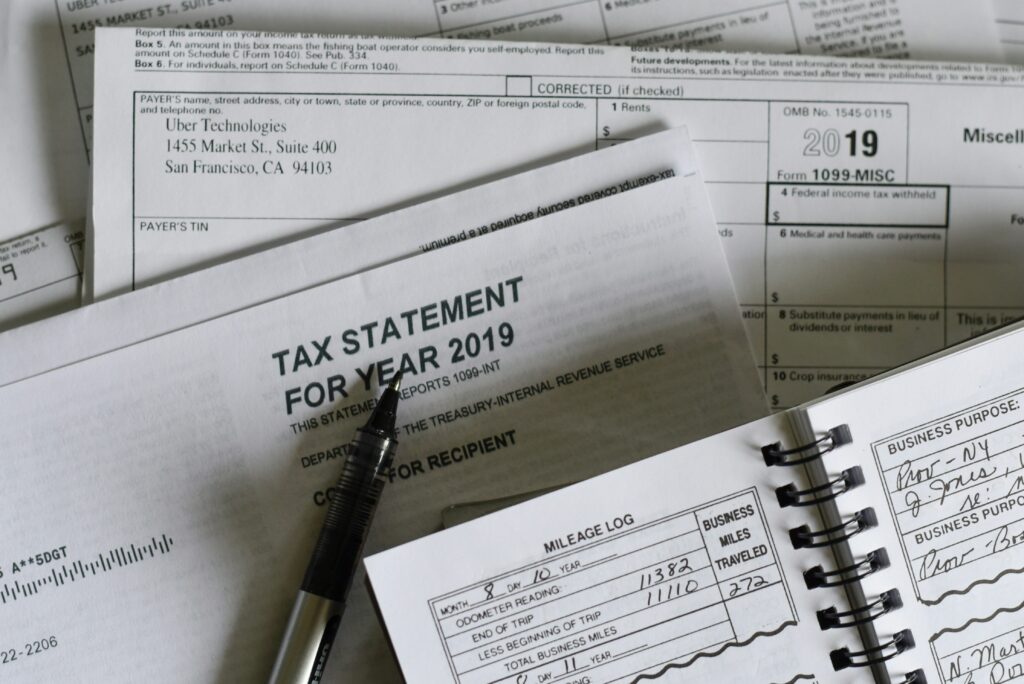Due to its fascinating history and varied culture, Uzbekistan has drawn foreigners looking for fresh chances. However, it can be difficult to comprehend the levy code in a foreign nation. This extensive manual tries to give foreigners a good grasp of their tariff responsibilities and restrictions in Uzbekistan. You may ensure compliance and make wise financial decisions during your visit to Uzbekistan by becoming familiar with the tax system.

Tax residency and obligations
Your residency status affects your levy obligations as an expatriate in the country. A person is deemed a tariff resident in Uzbekistan if they stay there for 183 days or longer in a calendar year. Non-residents are only subject to a duty on their Uzbek-sourced income while tax-paying citizens are subject to taxation on their worldwide income.
Types of taxes
The extensive levy structure of Uzbekistan includes several different levies. The main taxes that ex-pats need to be aware of are:
Personal Income Tax (PIT)
The income of an individual is subject to personal income levy, including income from employment, rental income, capital gains, and other sources. Residents pay taxes that range from 7% to 20% depending on their income levels, while non-residents pay a flat 20% tariff.
Value Added Tax (VAT)
A consumption tax known as VAT is imposed in the nation on the sale of goods and services. The regular VAT rate is 15%, however, certain categories of products and services are subject to reduced rates of 7.5% and 0%.
Corporate Income Tax (CIT)
Profits made by companies doing business in Uzbekistan are subject to corporate income tax. 15% is the regular CIT rate, while some industries receive special rates.
Social Security Contributions
It is required that both employers and employees contribute to social security. Health care, pensions, and disability benefits are just a few of the social benefits that are funded by these contributions.
Tax filing and compliance
In the self-assessment system used in the country, taxpayers are in charge of figuring out their levy obligations and completing the appropriate tariff forms. The following are the main components of tax compliance and filing for expatriates:
Tax year and deadlines
In Uzbekistan, the levy year begins on January 1 and ends on December 31. It coincides with the calendar year. The deadline for filing tariff returns is March 20 of the following year.
Tax Identification Number (TIN)
The local levy authorities require foreign nationals working or living in Uzbekistan to get a Tax Identification Number (TIN). All tax-related transactions and compliance require the TIN.
Record keeping
It is crucial to maintain accurate records of income, expenses, and other relevant documents to support your tax filings. These records should be retained for at least five years.
Double taxation relief
Uzbekistan has signed double taxation avoidance agreements with several countries to prevent the same income from being taxed twice. Expatriates should explore these agreements to claim relief and avoid double taxation.
Tax planning and incentives
Expatriates in the country can benefit from certain levy planning strategies and incentives. These include:
Tax treaties
Foreign nationals may benefit from lower levy rates or exemptions on particular types of income if their home country and Uzbekistan have a tariff treaty in place. To understand how tax treaties, affect your levy liability, it is advisable to speak with a tax advisor.
Special Economic Zones (SEZs)
Businesses operating within authorized SEZs are eligible for tariff advantages and exemptions from taxes from Uzbekistan. To benefit from advantageous levy conditions, foreign investors or enterprises may think about setting up shop in these zones.
Deductible expenses
Expatriates may be able to deduct some charges, including housing allowances, educational fees, and medical expenses. It’s critical to comprehend the particular eligibility conditions and supporting evidence needs for each deduction.
Conclusion
It might be challenging to navigate the tax system in a foreign nation like Uzbekistan, but with the right information and direction, expats can abide by levy laws and improve their financial planning. Expats can make sure they fulfill their commitments while reducing their tariff liability by grasping the basics of levy residence, tax kinds, filing requirements, and relevant incentives. A levy professional with expertise in foreign taxation may offer personalized advice based on your unique situation, assuring a simple and legal tariff process in the country. With this information, expats can successfully manage their levy affairs while embracing their new chances in Uzbekistan.
You may also find these articles helpful
